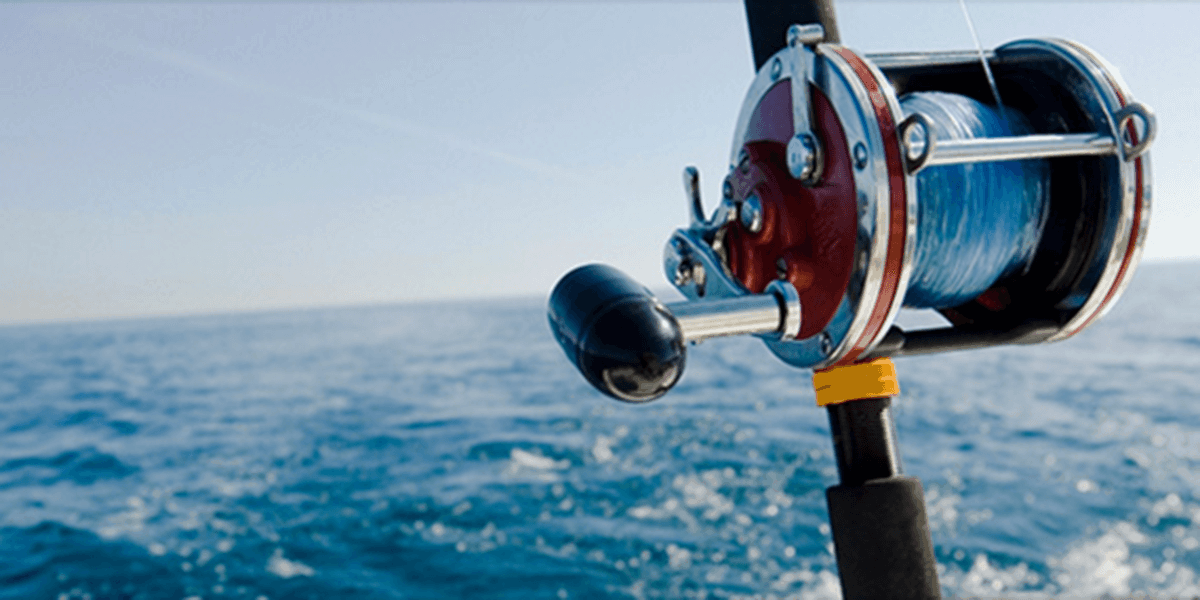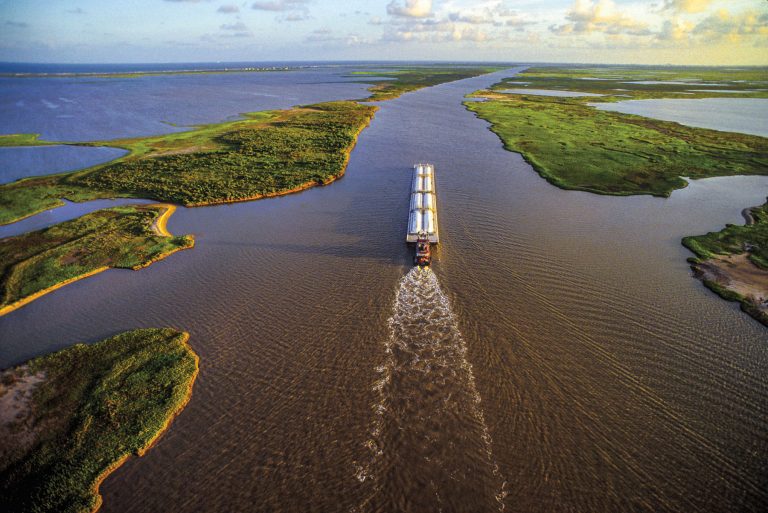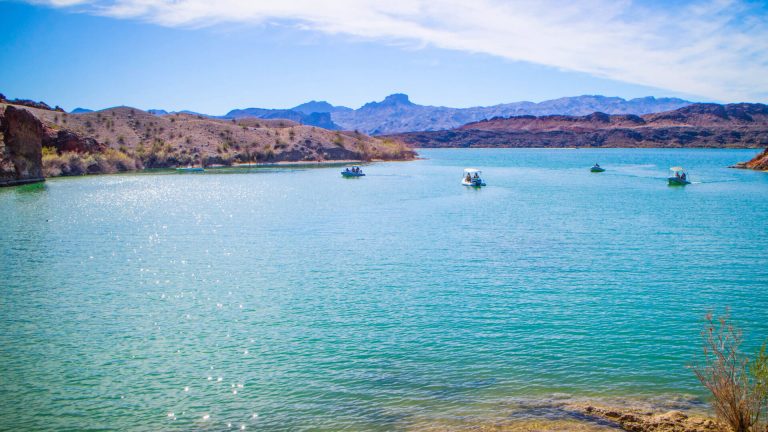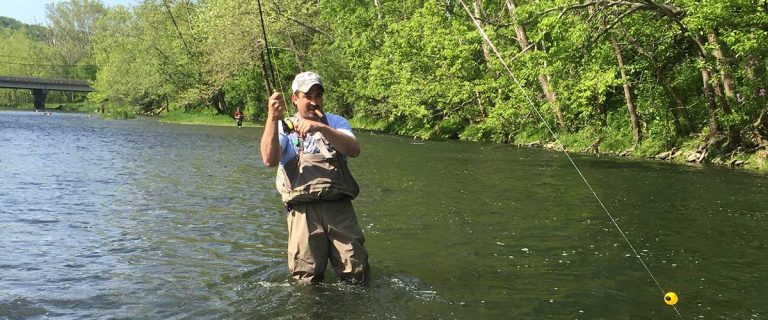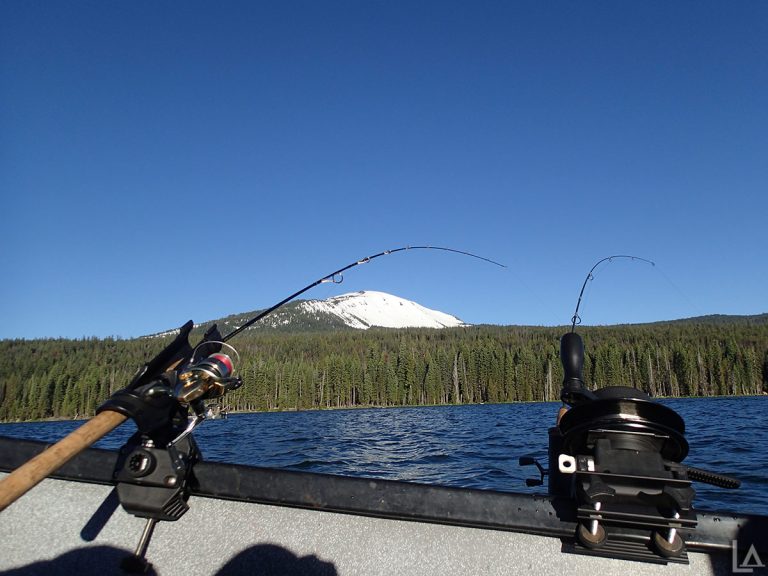Fishing in Colorado offers an incredible opportunity to engage with nature and enjoy the state’s diverse aquatic environments. Whether you’re a resident or a visitor, understanding the fishing license requirements is essential for a successful angling experience. This guide will provide you with all the necessary information about fishing licenses in Colorado for 2025, including types, costs, where to buy them, and much more.
Why You Need a Colorado Fishing License
In Colorado, anyone aged 16 or older is required to possess a valid fishing license to fish in state waters. This rule applies to both residents and non-residents. Children under 16 can fish for free, but they must be accompanied by a licensed adult.
Importance of a Fishing License
Purchasing a fishing license is not just a legal requirement; it plays a crucial role in supporting conservation efforts and maintaining healthy fish populations. Here are a few reasons why having a fishing license is important:
- Conservation Funding: License fees contribute directly to fish stocking programs, habitat restoration, and improvements to public access areas.
- Wildlife Protection: Your fees help maintain robust fish populations and protect ecosystems that are vital for various species.
- Sustainable Recreation: By obtaining a license, you help ensure that future generations can enjoy the same world-class fishing opportunities that Colorado offers today.
Types of Fishing Licenses and Fees for 2025
Colorado offers a variety of fishing licenses tailored to meet the needs of different anglers. Below is a detailed breakdown of the types of licenses available and their respective costs.
Fishing License Pricing Table
| License Type | Cost ($) |
|---|---|
| Resident Annual Fishing License (ages 18-64) | 41.83 |
| Non-Resident Annual Fishing License | 117.14 |
| Senior Annual Fishing License (65+, CO residents only) | 11.47 |
| Youth Annual Fishing License (ages 16-17) | 11.47 |
| 1-Day Fishing License (Resident) | 16.33 |
| 1-Day Fishing License (Non-Resident) | 19.97 |
| 5-Day Fishing License (Non-Resident only) | 38.19 |
| Habitat Stamp (required for all anglers aged 18-64) | 12.15 |
| Second Rod Stamp (available to all licensed anglers) | 12.68 |
Additional License Information
- Habitat Stamp: All anglers aged 18-64 must purchase a habitat stamp with their first license of the year. This stamp supports wildlife habitat preservation.
- Short-Term Licenses: These are ideal for visitors or those who fish occasionally. The 1-day and 5-day licenses allow you to fish without committing to a full annual license.
- Senior and Youth Licenses: Special discounts are available for seniors and youth, ensuring that fishing remains accessible for all age groups.
Where to Buy a Colorado Fishing License
Obtaining a fishing license in Colorado is straightforward. You can purchase your license through several convenient channels:
- Online: Visit the Colorado Parks and Wildlife (CPW) website to buy your license from the comfort of your home.
- By Phone: Call 1-800-244-5613 to purchase your license over the phone with the assistance of a trained representative.
- In-Person: Licenses can also be purchased at CPW offices, state parks, or authorized retailers, including sporting goods stores and Walmart locations throughout Colorado.
Temporary Authorization Number (TAN)
If you purchase your license online or by phone, you will receive a Temporary Authorization Number (TAN) that you can use to fish until your physical license arrives in the mail. Make sure to carry this number with you while fishing.
Free Fishing Opportunities in Colorado
Colorado offers several opportunities for anglers to fish without a license:
- Free Fishing Weekend: This event occurs annually on the first full weekend of June, allowing anyone to fish license-free for two days.
- Children Under 16: Kids under 16 can fish for free year-round, making it a great way to introduce them to the joys of fishing.
- Disabled Veterans: Colorado residents who are military veterans with a service-connected disability rating of 60% or more qualify for a free lifetime combination small game and fishing license.
Top Fishing Destinations in Colorado
With your license in hand, you’re ready to explore some of Colorado’s prime fishing locations. Here are a few top destinations:
- Blue Mesa Reservoir: Known for excellent kokanee salmon and lake trout fishing, this reservoir is a favorite among anglers.
- South Platte River: A fly-fishing paradise, the South Platte is renowned for its brown and rainbow trout.
- Gunnison River: This river is home to the state’s largest trout and offers stunning scenery.
- Steamboat Lake: Great for catching rainbow trout, northern pike, and smallmouth bass.
- Eleven Mile Reservoir: Famous for trophy-sized trout and pike, this location is a must-visit for serious anglers.
Fishing Regulations and Conservation
Understanding and adhering to Colorado’s fishing regulations is crucial for responsible angling. Here are some key regulations to keep in mind:
- Catch Limits: Limits vary by species and location, so always check the current regulations before your trip.
- Seasonal Restrictions: Some waters have specific open and closed seasons that must be followed.
- Bait Restrictions: Certain areas may have restrictions on bait types, so be sure to familiarize yourself with these rules.
- Special Regulations: Some waters may have specific rules for catch-and-release or fly-fishing only.
For the most up-to-date information, always consult the Colorado Fishing Regulations before heading out.
Tips for a Successful Colorado Fishing Trip
To maximize your fishing experience in Colorado, consider the following tips:
- Check the Weather: Colorado’s weather can change rapidly. Be prepared for various conditions by checking the forecast before your trip.
- Practice Leave No Trace: Help preserve Colorado’s natural beauty by following Leave No Trace principles. This includes cleaning up after yourself and respecting wildlife.
- Bring the Right Gear: Research the specific gear needed for your chosen fishing spot. Different locations may require different types of equipment.
- Consider Hiring a Guide: If you’re new to the area or fishing in general, hiring a local guide can enhance your experience and increase your chances of success.
- Stay Informed: Join local fishing forums or groups to stay updated on tips, reports, and regulations.
Conclusion
Obtaining your Colorado fishing license is a straightforward yet essential step in planning your fishing adventure. By understanding the types of licenses available, their costs, and where to purchase them, you’re well-prepared to enjoy the state’s renowned fishing opportunities while supporting vital conservation efforts.
Remember to check the current Colorado Fishing Regulations for season dates, catch limits, and area-specific rules before heading out. With your valid license in hand and this comprehensive guide at your fingertips, you’re ready to cast a line in Colorado’s stunning lakes, reservoirs, rivers, and streams. Happy fishing!
Additional Resources
How long is my fishing license valid?
Annual Colorado fishing licenses are valid from April 1 to March 31 of the following year, regardless of when you purchase them. Short-term licenses are valid for the specified number of days from the date of purchase.
Do I need a separate license for each fishing location?
No, a Colorado fishing license is valid statewide. However, certain areas may have specific regulations or catch limits, so always check the current Colorado Fishing Regulations before your trip.
Can I fish without my physical license if I have a temporary authorization number?
Yes, if you purchase your license online or by phone, you will receive a temporary authorization number (TAN) that allows you to fish immediately. Your physical license will arrive by mail within 14 days. Make sure to carry your TAN with you while fishing until your license arrives.
What happens if I lose my fishing license?
If you lose your physical license, you can request a duplicate online, by phone, or at a CPW office or sales agent. There may be a small fee for the replacement.
How do fishing license fees support conservation in Colorado?
Colorado Parks and Wildlife does not receive general tax dollars from the state. Fishing license fees directly fund fish stocking, habitat restoration, public access improvements, and conservation programs that benefit anglers and wildlife alike. By purchasing a license, you contribute to maintaining healthy fish populations and preserving Colorado’s world-class fishing opportunities for generations to come.



